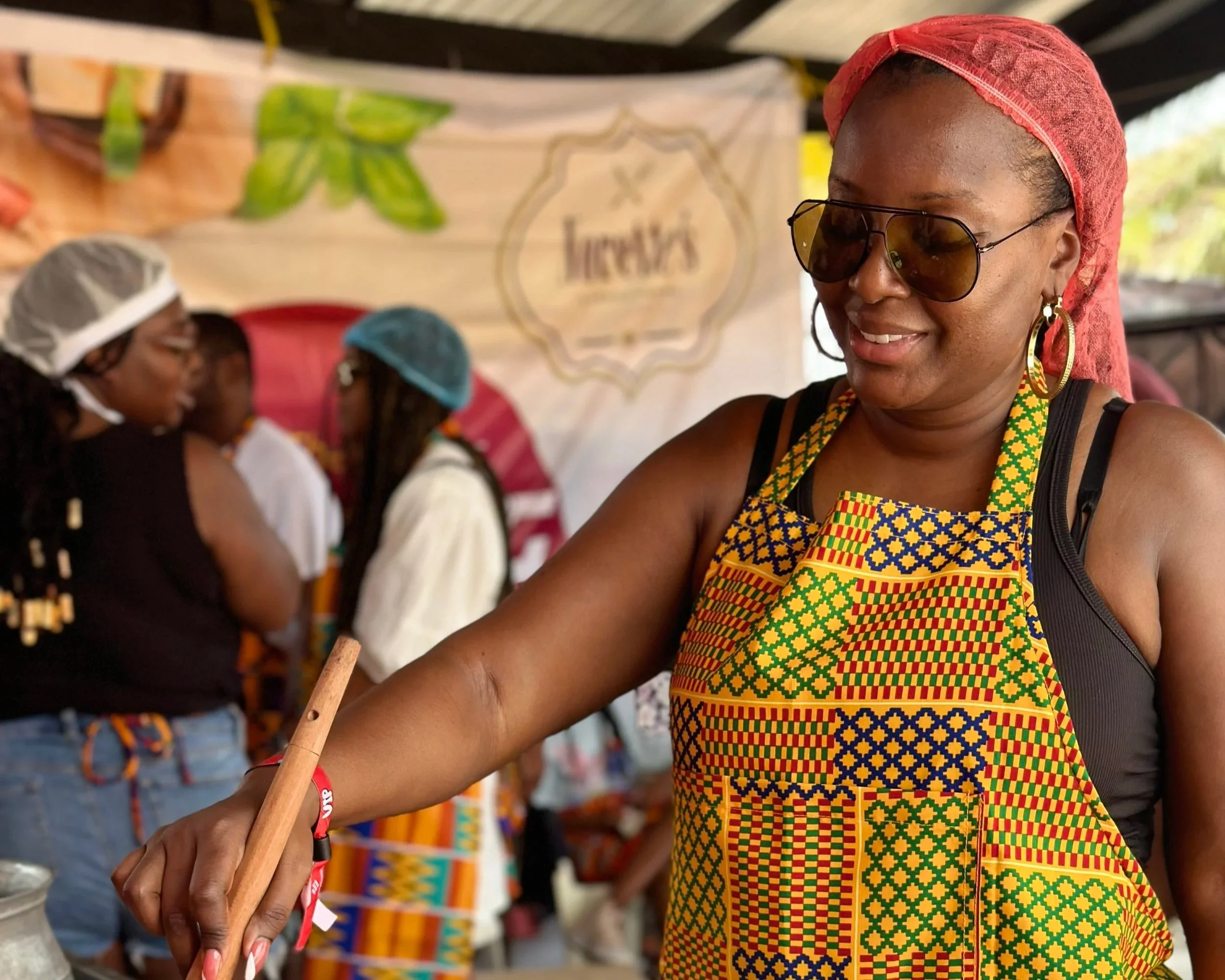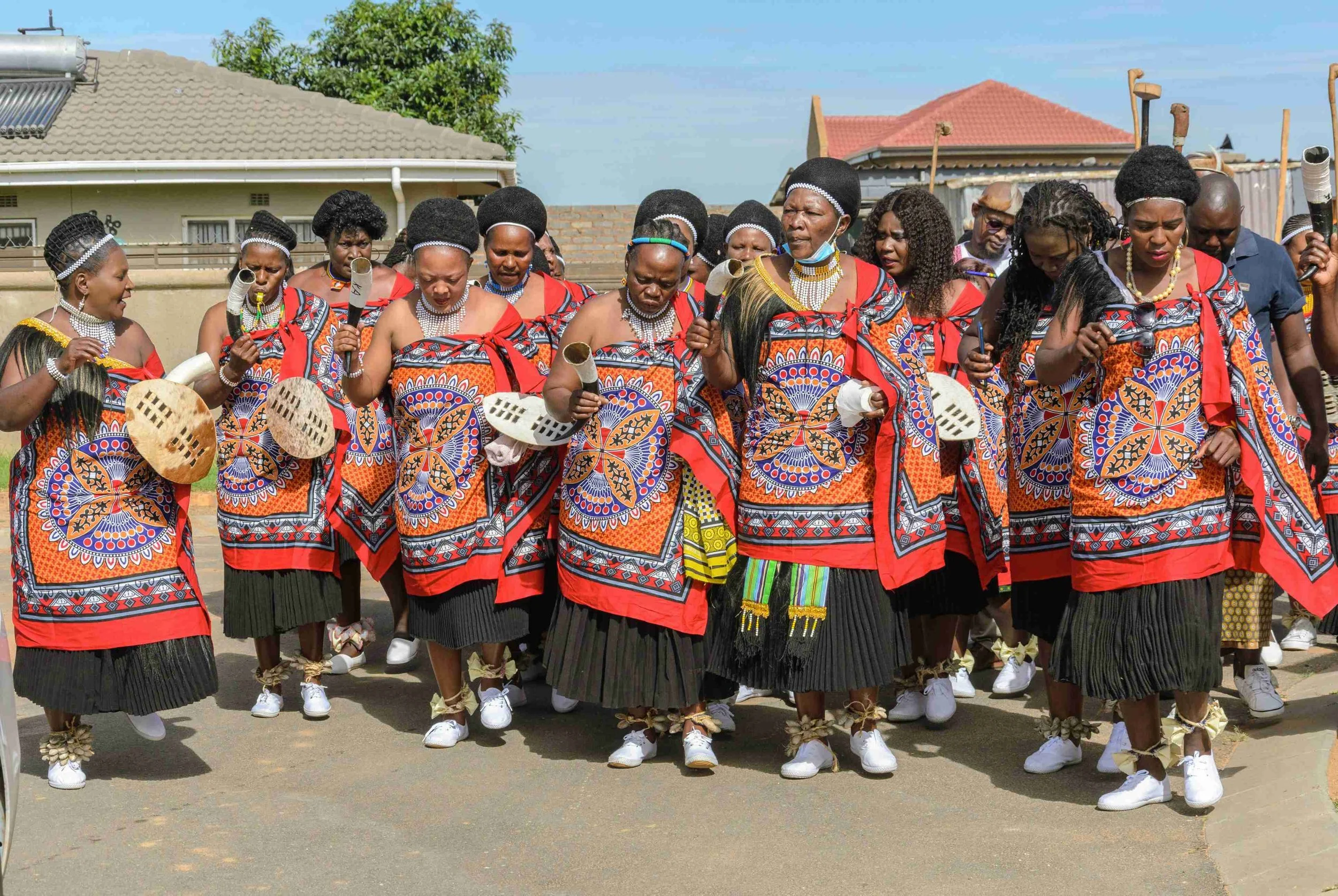How Does Tourism Empower Women in West Africa?
Tourism is often seen as a vehicle for economic growth and cultural exchange, but its potential for social empowerment, particularly for women, is frequently overlooked.
In West Africa, a region rich in culture, history, and natural beauty, tourism presents unique opportunities for women to break the chains of poverty, challenge societal norms, and take their rightful place in the economy.
In this blog post, we explore how tourism can empower women in West Africa. Let’s dive in.
-
The Landscape of West African Tourism
The Economic Impact of Tourism
1.Entrepreneurship: The Rise of Women-Owned Businesses
2. Cultural Preservation and Empowerment
3. Education and Training Opportunities
4. Community Development and Leadership Roles
The Role of NGOs and Government Initiatives
The Landscape of West African Tourism
Before diving into how tourism specifically empowers women, let’s take a quick tour of the stunning landscapes of West Africa.
From the bustling markets of Accra to the picturesque beaches of Senegal, and the vibrant festivals in Nigeria, the region is a treasure trove of experiences waiting to be discovered.
Tourism is a significant contributor to the economies of many West African countries. In fact, the World Travel and Tourism Council estimates that the travel and tourism sector in West Africa will grow annually by 6.2% over the next decade.
This growth means more jobs, more income, and, most importantly, more opportunities for women to engage in the economy.
The Economic Impact of Tourism in West Africa
Historically, women in West Africa have faced numerous barriers in accessing economic opportunities. However, with the rise of tourism, these women are beginning to overcome these barriers.
Here are some ways women are being empowered in West Africa through tourism.
1. Entrepreneurship: The Rise of Women-Owned Businesses
Tourism opens doors for women entrepreneurs. From running guest houses and tour companies to selling handicrafts and local delicacies, women are stepping into roles that were once dominated by men.
The hospitality sector thrives particularly on the personal touch that women often bring to their businesses.
Imagine a charming bed and breakfast run by a local woman who not only offers a cozy stay but also shares her grandmother's secret recipe for jollof rice with her guests.
Not only does this create a unique experience for tourists, but it also provides the owner with a sustainable income.
2. Cultural Preservation and Empowerment
Women are often the custodians of culture in West African societies. Through tourism, they have a platform to showcase traditional crafts, dances, and stories. This not only empowers women economically but also elevates their status in society.
Take the case of the women’s cooperative in Burkina Faso that crafts intricate baskets. By selling these baskets to tourists, they’re not just earning money; they’re also preserving their heritage and ensuring that future generations learn these valuable skills.
3. Education and Training Opportunities
As tourism grows, so does the demand for skilled workers. Many organizations and governments are recognizing the importance of including women in training programs.
These initiatives equip women with the skills needed in the hospitality and tourism sectors, from language training to hospitality management.
For example, a program in Ghana called Culinary For Social Change offers hospitality training specifically for women, helping them secure jobs in hotels and restaurants. With these skills, women can support their families and contribute to their communities.
4. Community Development and Leadership Roles
Tourism often brings communities together. Women are increasingly taking on leadership roles in community tourism initiatives, which allows them to influence decisions that affect their lives and those of their families. This shift is vital in a region where women’s voices have traditionally been marginalized.
Think of a local woman leading a community-based tourism project in Sierra Leone, where she organizes tours that highlight the natural beauty and cultural richness of her area.
Not only does she gain respect within her community, but she also inspires other women to follow in her footsteps.
The Role of NGOs and Government Initiatives
To further empower women in tourism, various non-governmental organizations (NGOs) and governments are stepping in to support initiatives designed specifically for women.
1. Microfinancing for Women Entrepreneurs
Microfinance institutions are providing women with the capital they need to start their businesses in the tourism sector. This financial support enables them to invest in their ventures, such as buying supplies or marketing their services.
2. Promoting Gender Equality in Tourism Policies
Governments across West Africa are beginning to recognize the importance of gender equality in tourism policies. By promoting policies that support women in the tourism sector, they can create an environment where women thrive as entrepreneurs and leaders.
3. Collaborative Projects with Local Communities
Many NGOs are working directly with local communities to develop tourism that benefits everyone, especially women. These projects often focus on sustainable practices, ensuring that tourism benefits the environment and the local population.
Challenges and the Path Forward
While the potential for tourism to empower women in West Africa is immense, challenges remain. Societal norms, lack of access to resources, and political instability can hinder progress.
Here are a few of them;
1. Overcoming Societal Norms
In many West African cultures, traditional gender roles still prevail. Changing these societal norms is a gradual process that requires collaboration between men and women. Engaging men as allies in the fight for gender equality can help shift perspectives.
2. Access to Resources
Women often lack access to the resources necessary to start and sustain businesses. Continued efforts to provide training, mentorship, and financial support are essential for empowering women in tourism.
3. Sustainability Concerns
As tourism grows, so does the need for sustainable practices. Women-led initiatives that focus on eco-friendly tourism can help address these concerns while empowering women economically.
Conclusion
As we’ve explored, tourism has the potential to be a powerful tool for empowering women in West Africa. From entrepreneurship and cultural preservation to education and community leadership, the opportunities are vast.
By supporting women in the tourism sector, we’re not just creating economic opportunities; we’re fostering a more equitable society.
So, the next time you find yourself in West Africa, consider supporting women-owned businesses, engaging with local cultures, and contributing to a future where women thrive alongside their communities.
Download my free travel guide to navigating Accra- Ghana from hotels to stay at, restaurants to try out, how to stay safe when visiting and nightlife recommendations for my fellow night owls who would love to go dancing.
Hello, fellow adventurers! I'm Rashida, your not-so-typical travel guide. Join me for laughs, mishaps, and perhaps a questionable decision or two (because let's face it, those always make for the best stories). Learn More












